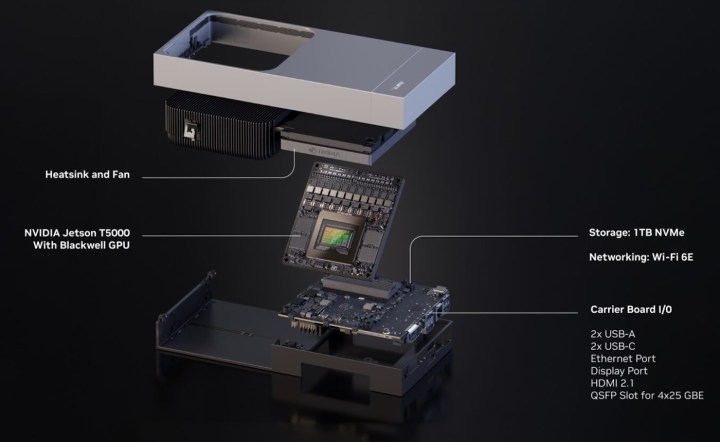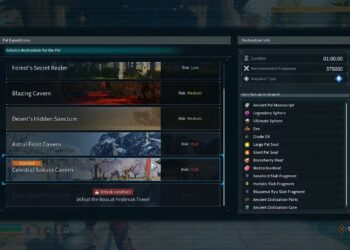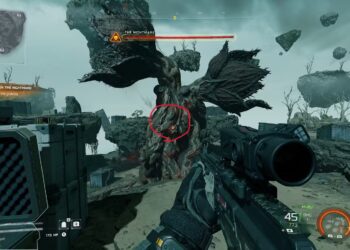Select Language:
Nvidia is working to empower robotics developers by introducing a new “brain” designed specifically for their machines.
Announced on Monday, the technology company revealed the Jetson Thor modules, a breakthrough that aims to make robots significantly smarter worldwide.
The unveiling was highlighted in a video featuring Nvidia’s longtime CEO Jensen Huang. In the clip, Huang presents a gift box to a humanoid robot and says, “Enjoy your new brain.” Multiple robots are then shown opening the box to find the new component, which is intended to boost their capabilities substantially.
Thor isn’t limited to humanoid robots; it’s built to enhance a wide range of robotic systems. It offers an impressive 7.5 times the AI computing power of its predecessor, the Orin module, which debuted earlier this year. Additionally, Thor boasts 3.1 times the CPU performance and doubles the memory capacity, according to Nvidia.
Designed specifically for real-time robotics applications, Thor efficiently handles high-bandwidth inputs from multiple sensors with extremely low latency. It’s also capable of running large generative AI models and transformer-based algorithms directly on the device, reducing the need for cloud computing.
Two major robotics firms are set to incorporate Thor into their systems. U.S.-based Boston Dynamics is integrating it into their Atlas humanoid robot, allowing for real-time processing of complex multi-modal AI models that improve perception, decision-making, and full-body manipulation. Similarly, Agility Robotics plans to use Thor in their sixth-generation Digit humanoid robot, aiming to enhance its perception and abilities in warehouse environments.
Peggy Johnson, CEO of Agility Robotics, stated, “The powerful edge processing provided by Jetson Thor will elevate Digit’s performance—improving its responsiveness in real-time and broadening its range of skills. With this technology, we can better optimize operations across our customers’ warehouses and factories.”
In addition, universities such as Carnegie Mellon, Stanford, and the University of Zurich will deploy Thor for advanced perception, navigation, fleet coordination, and sensor fusion projects.
Other companies leveraging Nvidia’s Jetson chips include Amazon, Meta, Figure, and Hexagon. OpenAI, the creator of ChatGPT, is also reportedly evaluating these chips for potential use.
Despite robotics making up just 1% of Nvidia’s total revenue, Huang underscores the sector’s significant growth potential for the future.
Nvidia is now offering a Jetson AGX Thor developer kit, priced starting at $3,499. The company also introduced the Jetson T5000 modules, with pricing beginning at $2,999 for orders of 1,000 units, available through authorized Nvidia partners.
Additionally, Nvidia announced the DRIVE AGX Thor developer kit, tailored for developing autonomous vehicles and mobility solutions. Preorders are open, with the first units expected to ship in September 2025.







